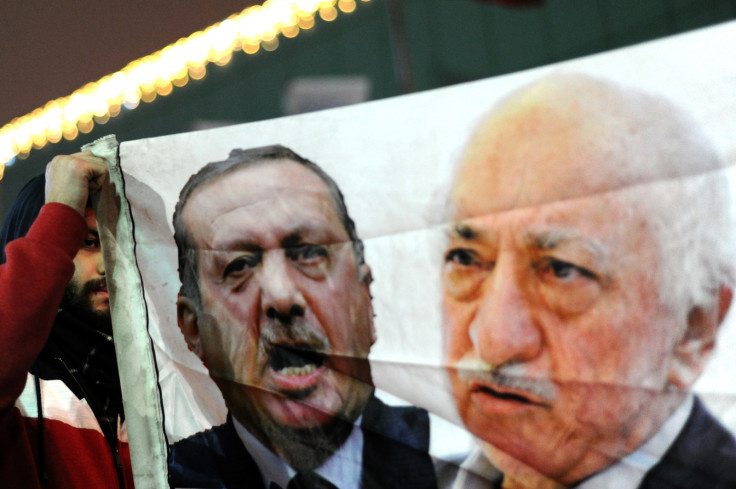Turkey dimisses 10,000 more civil servants and shuts 15 media outlets in new crackdown
The measures were over suspected links with terrorist organisations and the US-based cleric Fethullah Gulen
Turkey has announced the dismissal of an additional 10,000 civil servants and the closure of 15 further media outlets. The sackings and closures were prompted by suspected links with terrorist organisations and with the US-based cleric Fethullah Gulen, who has been blamed by the Turkish government for July's coup attempt. Over 100,000 people had already been sacked or suspended and 37,000 detained following the failed coup.
The government says the unprecedented purge and media repression is necessary to remove all Gulen supporters from the state apparatus. The sackings include academics, teachers, health workers, prison guards and forensics experts. The executive decrees for their removal were published in Turkey's Official Gazette late on 29 October.
The country's opposition parties have described the move as constituting a coup in itself, according to reporting from Reuters. And the scale of the ongoing crackdown has raised concerns over the functioning of the state.
"What the government and Erdogan are doing right now is a direct coup against the rule of law and democracy," Sezgin Tanrikulu, an MP from the main opposition Republican People's Party (CHP), said in a Periscope broadcast posted on Twitter.
The 15 media outlets include newspapers, news wire services, and magazines. They all cover current affairs in the mostly Kurdish south-east of the country. The total number of media organisations which have closed down since emergency rule started in July after the attempted coup is now close to 160.
In a further clampdown, the practice of universities electing their own rectors has been abolished. Instead, Erdogan is to appoint rectors from candidates nominated by the High Educational Board (YOK). Lale Karabiyik, a CHP member, said the move was a clear misuse of the emergency rule decrees and described it as a coup against the higher education system. Pro-Kurdish opposition politicians said the decrees were being used as tools to establish a "one-man regime'".
Unsurprisingly, human rights groups and some of Turkey's Western allies are concerned that Erdogan is using emergency rule to remove dissent. The government says the measures are justified by the July 15 coup attempt, which led to more than 240 fatalities. The government has also extended the state of emergency until mid-January. Erdogan claims the authorities need more time to wipe out Gulen's network, as well as Kurdish insurgents.
Turkey wants the US to extradite Gulen so that they can prosecute him for treason. Speaking to reporters on 29 October, Erdogan claimed the nation wants the death penalty restored and said that delaying this would not be right. He dismissed concerns that this would frustrate Turkish hopes of EU membership.

© Copyright IBTimes 2025. All rights reserved.





















